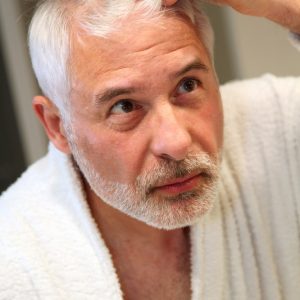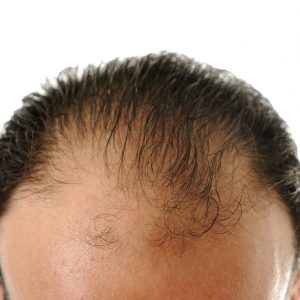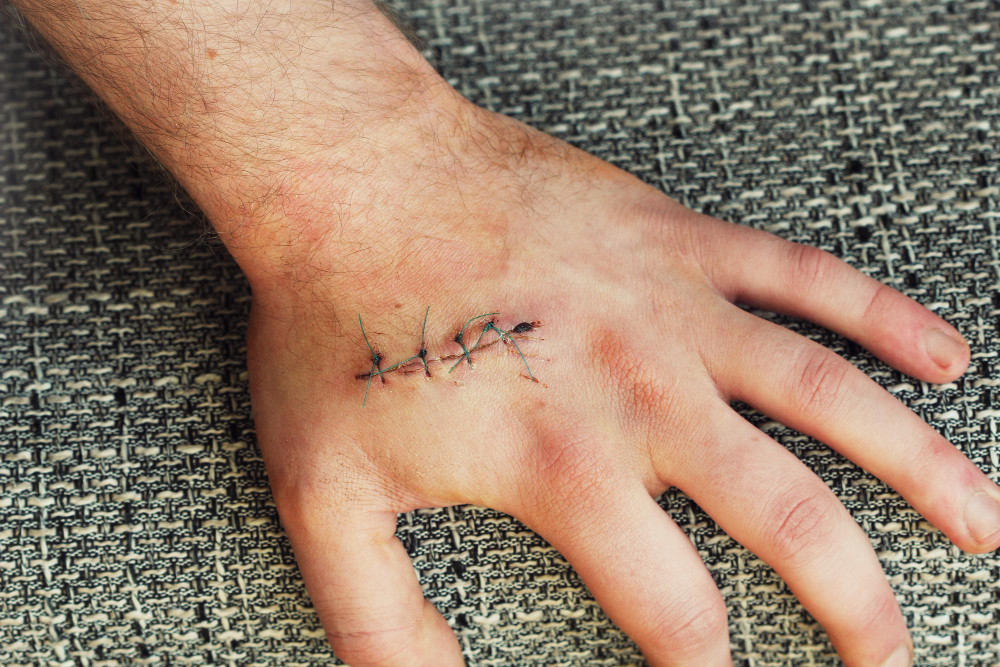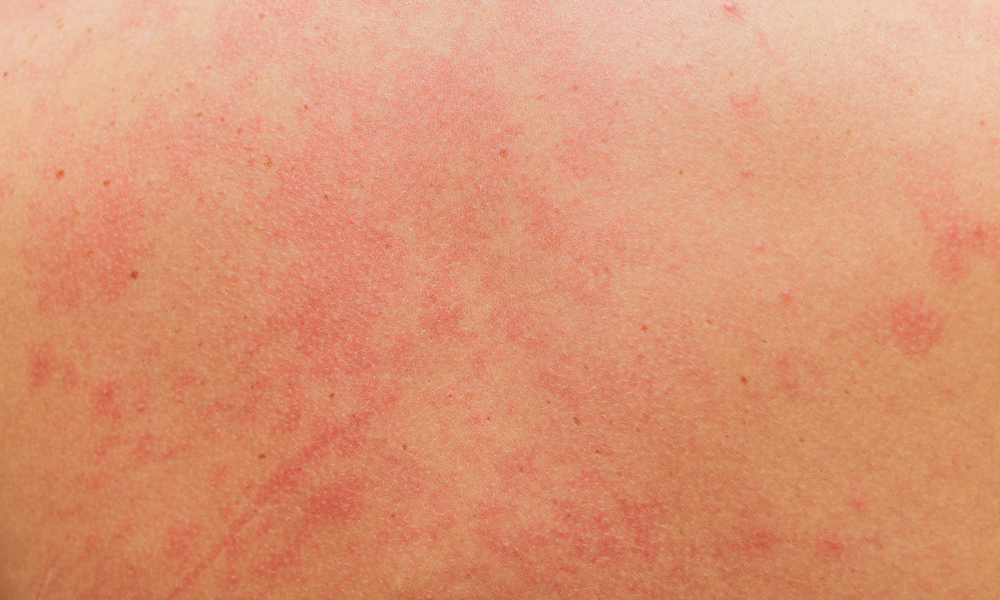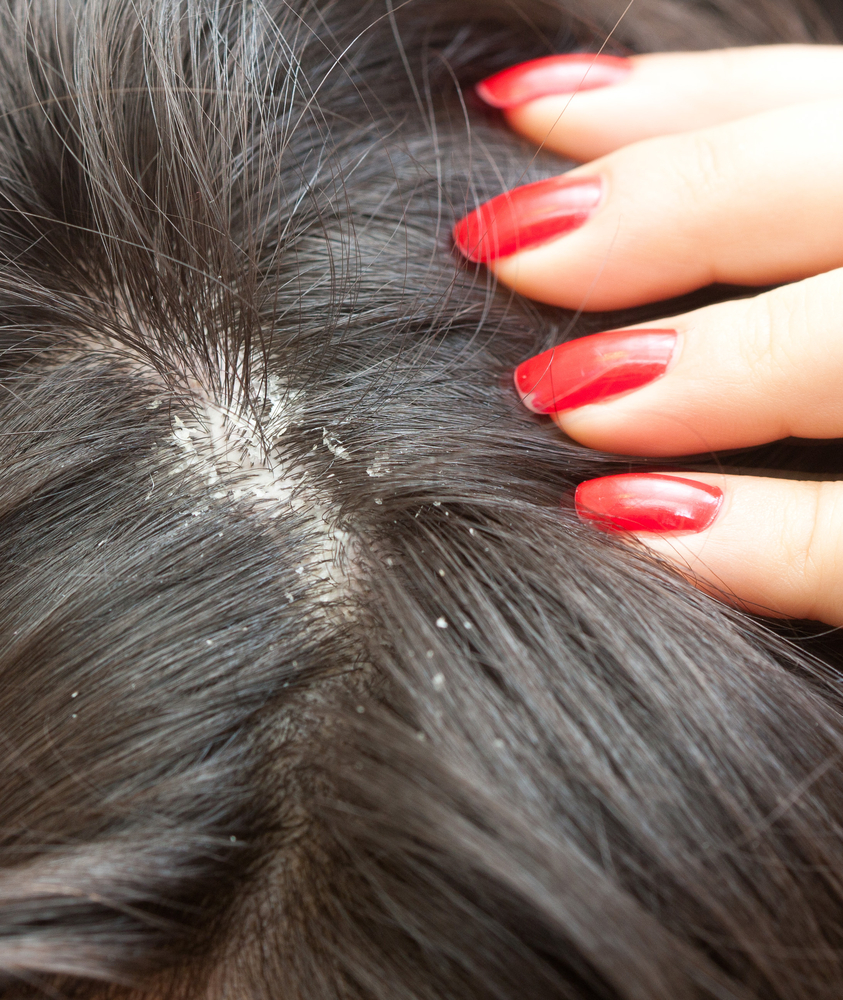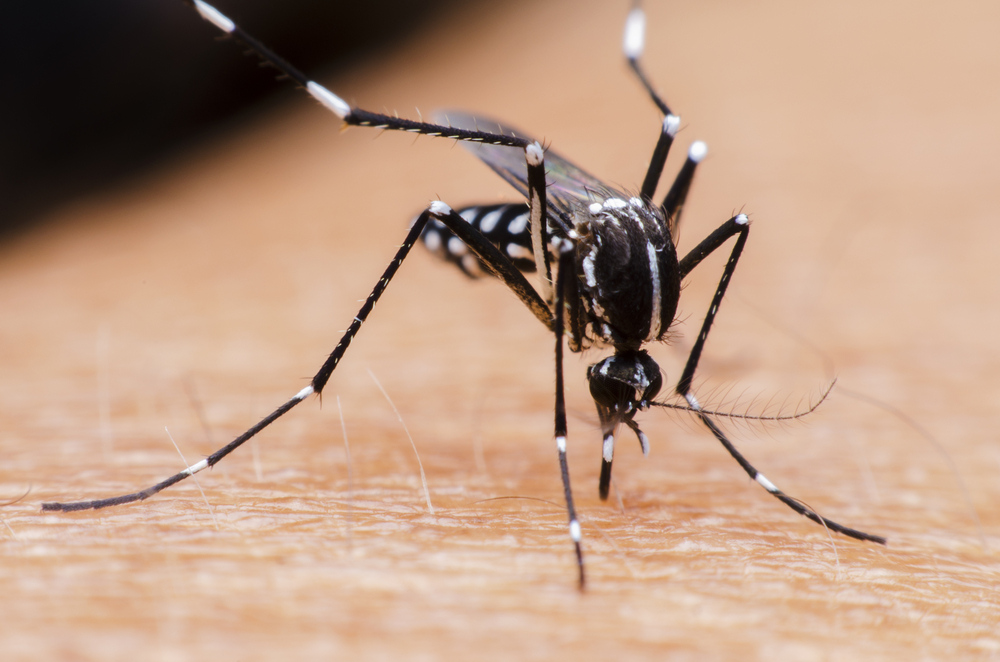Hair Loss – When Can It Be Treated?
Hair loss, unlike baldness, affects both men and women equally and can significantly impact personal aesthetics. Many seek medical treatment or use various products to slow or stop hair loss. Since it is usually a temporary condition, lost hair is often replaced by new growth, unlike genetic baldness.
Who Is Hair Transplantation For?
Hair transplants are cosmetic procedures primarily for those with genetic baldness. In cases of temporary hair loss, transplantation is unnecessary, as hair regrows naturally. Since genetic baldness does not allow for new hair growth, a transplant provides an artificial but effective solution. The process is lengthy, meticulous, and costly, involving the implantation of individual hair follicles.
Can Baldness Be Prevented?
Baldness is commonly associated with genetic hair loss, but it can also result from temporary conditions such as medication side effects or scalp infections. Temporary bald spots can often be treated with medications that promote regrowth. However, genetic baldness currently has no cure—only treatments like topical solutions to slow hair loss or hair transplantation.
What Causes Thinning Hair and How to Strengthen It?
Thinning hair occurs when scalp coverage decreases. Causes can be genetic or due to temporary medical conditions. If non-genetic, a medical evaluation can help determine the cause and appropriate treatments. Thinning hair affects both men and women and doesn’t always indicate the onset of baldness.
Can We Fight Genetic Baldness?
Genetic baldness is primarily seen in men. Despite various market claims, there is no cure. Topical treatments can slow hair loss and encourage minimal regrowth, while hair transplants offer an aesthetic solution through private clinics.
Is There a Treatment for Genetic Baldness?
No complete cure exists for genetic baldness, though research is ongoing. Alternatives include daily topical treatments to slow hair loss and hair transplants for those seeking a cosmetic solution. Before giving up, it’s essential to confirm that baldness is genetic and not caused by a treatable scalp condition.
Do Non-Surgical Hair Loss Treatments Work?
Hair loss treatments should be based on the underlying cause, which may be hormonal, chemical (from medications), or scalp-related. Once diagnosed, various products and medications can promote regrowth. However, for genetic baldness, the only solution remains hair transplantation.
Can Women Treat Hair Loss?
Hair loss in women is common, especially with age. In most cases, it is temporary and treatable with proper nutrition, anti-hair-loss shampoos, or medical treatments for underlying scalp conditions.
What Causes Hair Loss in Women?
Women may experience hair loss at any age due to poor nutrition, scalp issues, or medications with certain chemical compounds. Unlike genetic baldness, this type of hair loss is often reversible.
Is Hair Transplantation the Only Solution for Bald Men?
Hair transplants are a cosmetic procedure performed in private clinics, involving the implantation of real hair into the scalp. The process takes multiple sessions and results in a fuller but often thin-haired appearance, rather than a full head of hair.
Is There an Effective Treatment for Male Baldness?
While many men seek a cure, no treatment fully reverses baldness. Options include daily topical treatments to slow hair loss and hair transplants for an artificial but permanent solution.
Can Medication Help Women with Hair Loss?
For women, hair loss treatments may involve diet improvements and specialized shampoos. If these aren’t effective, further medical evaluation is needed to address any underlying scalp conditions, which, once treated, allow hair to regrow.
What Causes Hair Loss?
Hair loss can result from genetics, poor nutrition, chemical hair damage, medications, or scalp conditions like fungal infections. Proper diagnosis is key to determining the right treatment and promoting regrowth.
Examples

